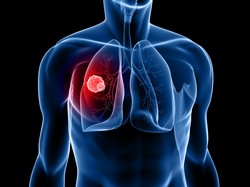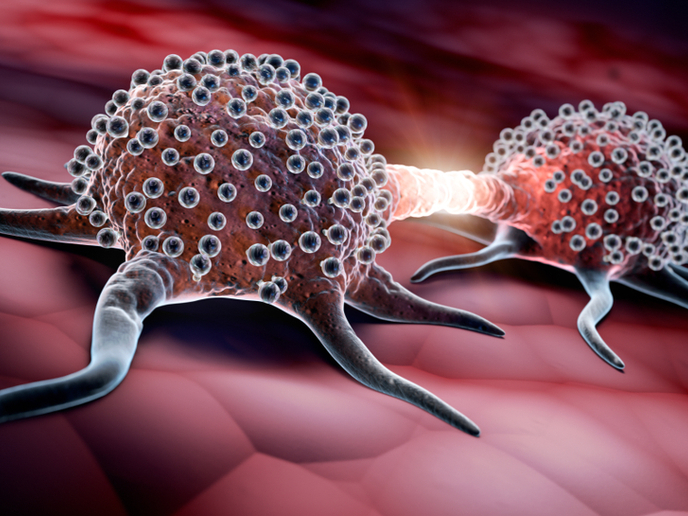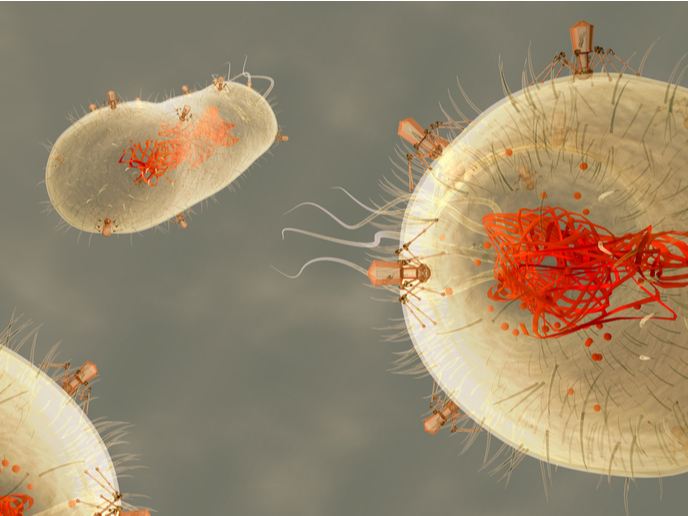An omics approach to lung cancer therapy
The EU-funded project CURELUNG (Determining (epi)genetic therapeutic signatures for improving lung cancer prognosis) has emerged as one of the leading European groups in the field of lung cancer. By using state-of-the-art techniques, they have helped define the genetic and epigenetic profile of this cancer. A genetic profile alteration of known cancer genes in lung cancer cells served to establish the profile, define the frequency and determine the accumulation in specific histopathological subtypes of each gene alteration. This should help in the classification of lung cancer patients requiring similar therapy. Global gene expression and single nucleotide polymorphism (SNP) analysis revealed the inactivation of a novel tumour suppressor gene, PARD3, involved in cell polarity. This molecular and genetic analysis was combined with histological evaluation of lung cancer samples from patient cohorts from different groups within the consortia. Epigenetic changes, a methylation analysis, points towards an overall hypermethylation or differential methylation pattern in lung cancer cells, indicating that gene silencing is a frequent event. MicroRNA expression and splicing profiles provided other means of predictive power that could be used to differentiate tumour from normal tissue in early stage lung cancer. Ongoing work towards the development of lung cancer models will aid in the efficacy screening of various drugs. A library of 267 small organic molecules of diverse chemical classes was tested for its potential to target several oncogenic signalling pathways and molecular targets. CURELUNG researchers developed new lung cancer mouse models and demonstrated the potential of patient-derived xenografts in drug development studies. The team has also identified a number of target compounds to develop new therapies. A phase III randomised trial has compared adjuvant pharmacogenomic-driven chemotherapy against adjuvant chemotherapy in non-small cell lung cancer patients. Success of the CURELUNG project can be measured by the inclusion of newly discovered markers into clinical routines and the publication of results in high-profile peer-reviewed journals. The project has also contributed to the largest molecular screening network for lung cancer, the Network Genomic Medicine.







